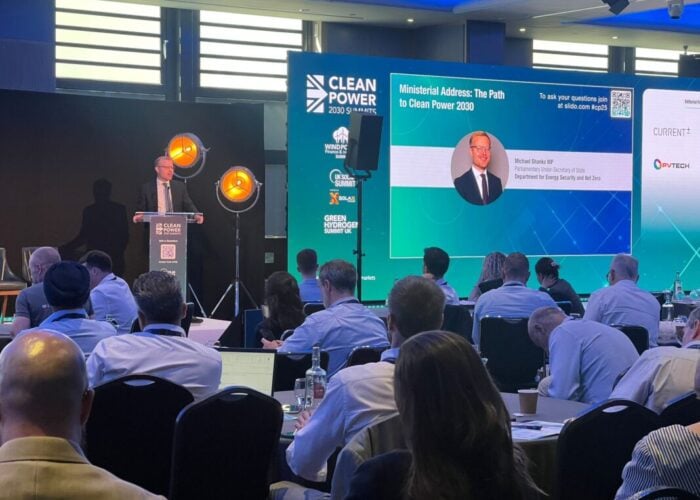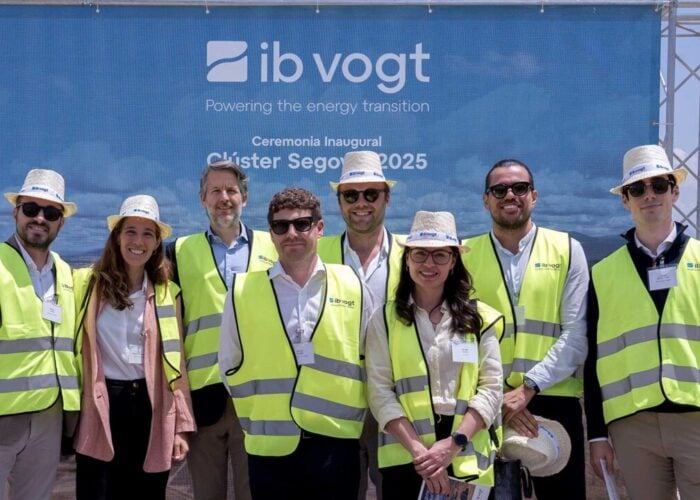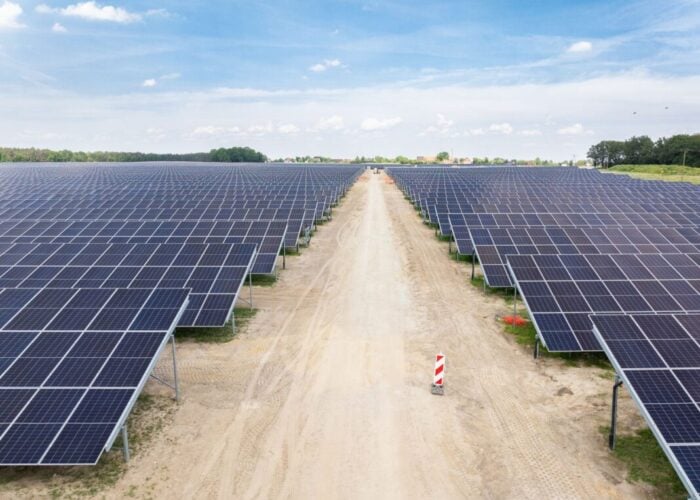Thin-film OPV firm, Dyesol said it was undertaking the planning phases of commercialising its solid-state DSC technology using perovskite-based thin-films.
The company said that both prototype and pilot line phases of planning were expected to be concluded in 2016 and 2017, respectively. Mass production was said to be by 2018.
Unlock unlimited access for 12 whole months of distinctive global analysis
Photovoltaics International is now included.
- Regular insight and analysis of the industry’s biggest developments
- In-depth interviews with the industry’s leading figures
- Unlimited digital access to the PV Tech Power journal catalogue
- Unlimited digital access to the Photovoltaics International journal catalogue
- Access to more than 1,000 technical papers
- Discounts on Solar Media’s portfolio of events, in-person and virtual
Dyesol noted that its research partner EPFL and Professor Michael Graetzel have undertook initial reliability testing (1,000 hours of light and thermal soaking at 75 degress C) of a revised cell design with “little or no material degradation in performance. Cell efficiencies of the lab tests were not disclosed.
Said to be “encouraging stability results” it was already engaging more closely with Cristal Global, a leading Saudi chemical and pigments company, primarily focused on the Titanium Dioxide (TiO2) technology, majority owned by Tasnee, a large investor in Dyesol.
Dyesol said that the collaboration would entail development of inorganic, mesoporous zirconia nanoparticle material due to its low-cost and stability. Dyesol claimed that internal bill of material (BOM) assessments put pricing of materials as low as US$2.0 per metre squared, compared to its liquid DSC materials BOM of between US$25 per metre squared and US$35 per metre squared.
Tata Steel UK resurrects interest
A former commercial development project between Dyesol and Tata Steel UK to provide OPV laminates on steel roofing structures has also been resurrected.
A new letter of intent (LOI) was signed in early October, 2014 whereby Dyesol would have the right to distribute products underdevelopment to Tata Steels UK and European customer base.
However, the original deal struck between the companies was understood to have Tata Steel jointly selling the BIPV/BAPV product. Onus would therefore seem to be back at Dyesol’s doorstep to develop a third generation product that was commercially viable, while significantly limiting any risks to Tata Steel.
Financial results
Dyesol also reported financial year first quarter results with a burn rate of A$877,000 (US$762,748.0), excluding A$2.5 million in an Australian R&D tax rebate.
Total cash and cash equivalents at the end of its first quarter were A$7.3 million, up from A$5.1 million at the end of its last fiscal year.
PV Tech recently reported that Dyesol reported losses of A$12.5 million (US$10.9 million) for its 2014 financial year, up from losses of A$12.5 million (US$10.9 million) in the previous year.







